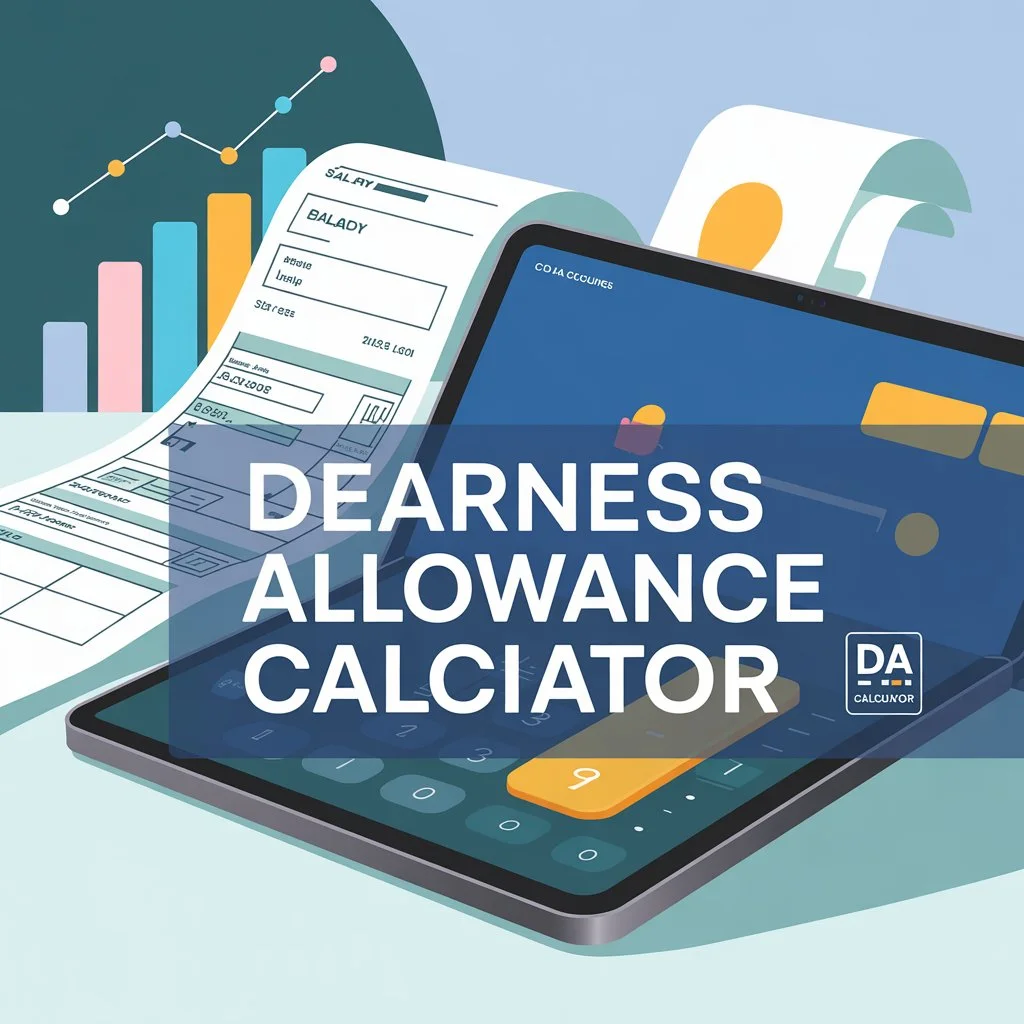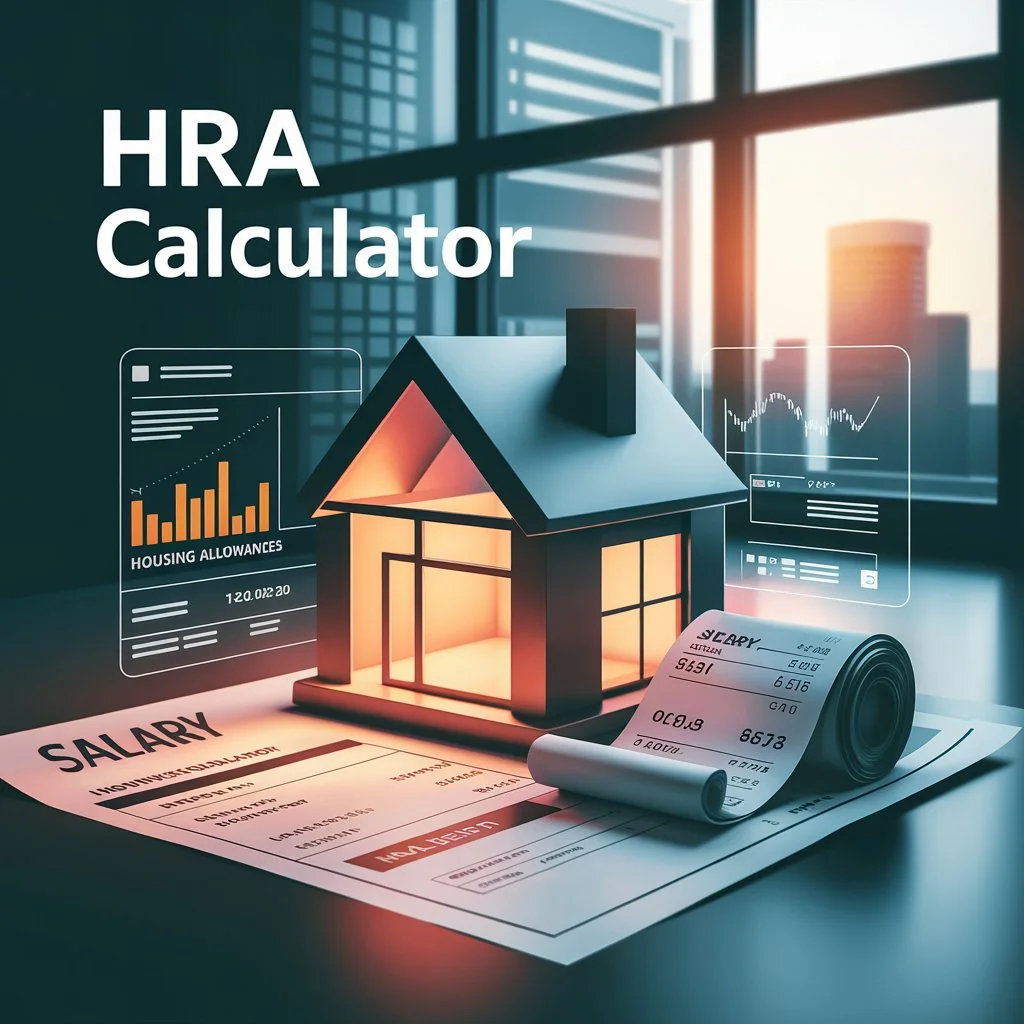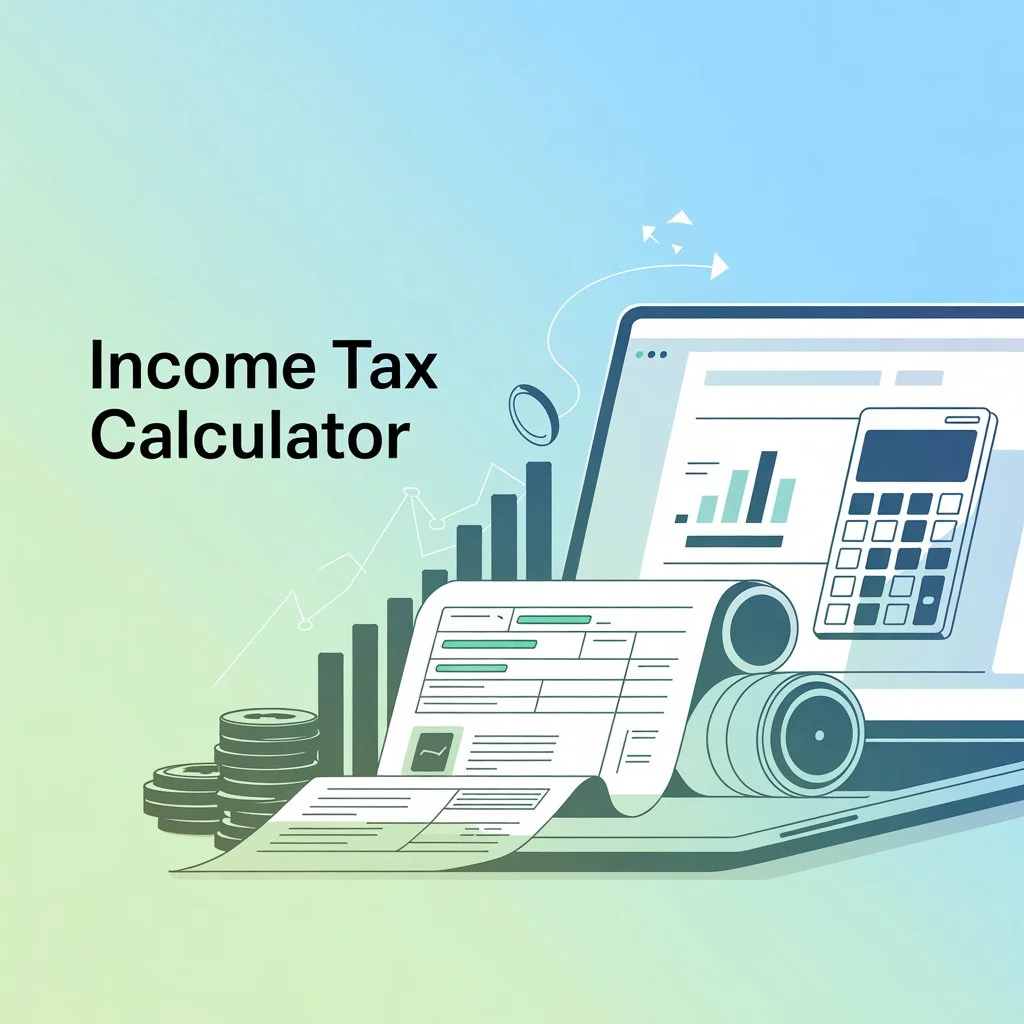NPS Calculator - National Pension System Returns Calculator
Calculate your potential retirement savings with our National Pension System (NPS) calculator. This tool helps you estimate your pension wealth and monthly pension based on your contributions, investment period, and expected returns.
Key Benefits of NPS
- Tax benefits under Section 80C and additional deduction under Section 80CCD(1B)
- Professional fund management with low-cost structure
- Choice of investment options across asset classes
- Flexible investment approach with portable retirement account
NPS Calculation Results
Understanding NPS Investment
The National Pension System is a voluntary retirement savings scheme designed to enable systematic savings during your working life. It's regulated by the Pension Fund Regulatory and Development Authority (PFRDA) and offers market-linked returns.
Investment Options in NPS
Auto Choice
Lifecycle fund with automatic asset allocation based on age
Active Choice
Custom asset allocation across equity, corporate bonds, and government securities
Investment Tips
- Start early to benefit from compound interest
- Maintain consistent contributions
- Review asset allocation periodically
- Consider tax benefits while planning
Frequently Asked Questions
NPS is a voluntary, long-term retirement investment scheme regulated by PFRDA. It enables systematic savings during your working life to provide post-retirement income. Key features include:
- Low-cost investment option
- Choice of pension funds and investment patterns
- Tax benefits under multiple sections
- Portable retirement account across jobs and locations
NPS offers multiple tax benefits:
- Up to ₹1.5 lakhs deduction under Section 80C
- Additional ₹50,000 deduction under Section 80CCD(1B)
- Employer contribution up to 10% of salary is tax-free
- 40% of the corpus used for purchasing annuity is tax-exempt
- Lump sum withdrawal (60% of corpus) is tax-free
NPS offers several types of accounts:
- Tier I: Mandatory retirement account with restrictions on withdrawals
- Tier II: Voluntary savings account with no tax benefits but flexible withdrawals
- Corporate NPS: Offered by employers with additional tax benefits
- All Citizens Model: For any Indian citizen to invest in NPS
- Government Sector Model: For government employees
NPS offers two investment approaches:
- Auto Choice: Age-based automatic asset allocation
- Active Choice: Custom allocation across asset classes:
- Equity (E) - up to 75% until age 50
- Corporate Bonds (C) - up to 100%
- Government Securities (G) - up to 100%
- Alternative Investment Funds (A) - up to 5%
At retirement (age 60):
- Minimum 40% of corpus must be used to purchase an annuity
- Up to 60% can be withdrawn as lump sum (tax-free)
- Option to continue investing until age 75
- Different annuity options available from multiple providers
NPS has various charges:
- Initial subscriber registration: ₹200
- Annual maintenance: ₹95
- Fund management charges: 0.01% to 0.09% per annum
- Transaction charges: ₹3.75 to ₹30 per transaction
- CRA charges: ₹4 per month
Partial withdrawals are allowed:
- After 3 years of joining
- Up to 25% of your contributions
- Maximum 3 times during entire tenure
- Allowed for specific purposes like children's education, home purchase, medical treatment
In case of subscriber's death:
- Entire corpus is paid to the nominee
- Nominee can choose between lump sum withdrawal or purchasing annuity
- No mandatory requirement to purchase annuity
- The entire amount is tax-free in the hands of the nominee
Key differences include:
- Market-linked returns unlike EPF or PPF
- More investment flexibility and choice of funds
- Mandatory annuity purchase at retirement
- Lower costs compared to mutual funds or ULIPs
- Additional tax benefits under Section 80CCD(1B)
You can open an NPS account through:
- Online: eNPS portal using Aadhaar-based KYC
- Banks: Visit your bank branch
- Points of Presence (PoP): Authorized service providers
- Required documents: PAN, Aadhaar, bank account details
- Minimum contribution: ₹500 per contribution, ₹1,000 per year
User Reviews
Write a Review
No reviews yet. Be the first to review!
Related Tools

Calculate your Dearness Allowance easily

Collection of salary-related tools

Calculate House Rent Allowance

Estimate your income tax quickly

Calculate Provident Fund contribution